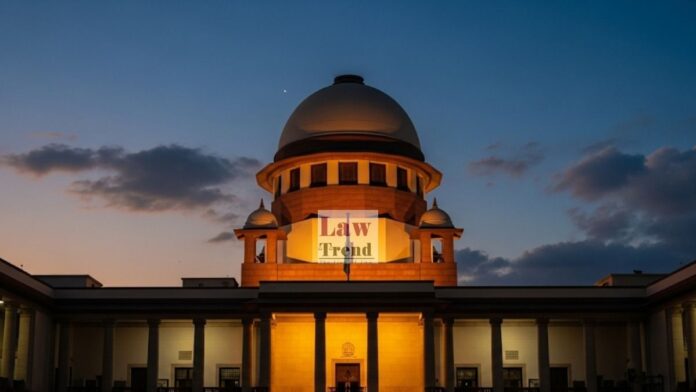The Supreme Court of India, in the case of Rakesh Dutt Sharma vs. State of Uttarakhand, has acquitted a medical practitioner convicted for culpable homicide, holding that his actions fell within the purview of the right of private defence. A bench comprising Justice M.M. Sundresh and Justice N. Kotiswar Singh set aside the concurrent judgments
To Read More Please Subscribe to VIP Membership for Unlimited Access to All the Articles, Download Available Copies of Judgments/Order, Acess to Central/State Bare Acts, Advertisement Free Content, Access to More than 4000 Legal Drafts( Readymade Editable Formats of Suits, Petitions, Writs, Legal Notices, Divorce Petitions, 138 Notices, Bail Applications etc.) in Hindi and English.




